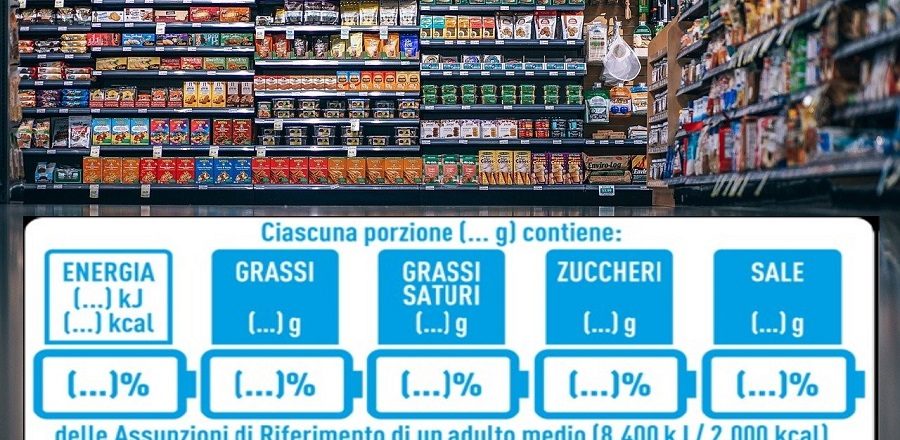
EFSA rejects Nutriscore: it does not consider the whole diet
The European Food Safety Authority rejected the algorithm of Nutriscore, the European labelling system for foods, confirming the validity of Italian labelling.
An Italian victory. EFSA, the European Food Safety Authority, has rejected the traffic light labelling system, already criticized in the past, as excessively punitive against traditional foods and permissive instead towards ultra-processed foods harmful to health. The EFSA officially rejected the Nutriscore algorithm, indicating that what matters for good health is the nutritional profile of the whole diet and not that of individual foods.
The authority stated that “since diets are made up of numerous foods, the general balance is obtained with the contribution of foods with a different nutritional profile “. It is a victory for the Belpaese, as it is finally recognized the goodness of the Italian position on labelling. The EFSA opinion on nutritional profiles is crucial because it will be the scientific basis on which the European Commission will design the mandatory EU nutrition labelling, expected by 2022.
Moreover, EFSA has also confirmed the validity of the European Diet Reference Values (DRVs), on which the parameters of Nutrinform Battery, the Italian response to traffic light labels, are based. ” As Italians, we are happy that our approach based on clear and transparent consumer information is gaining acceptance”, Federalimentare comments, satisfied: “The Nutrinform Battery proposed by our government is not based on mysterious algorithms but information relating to the nutrient content of foods and their contribution to the overall daily diet based on the portions suggested by nutritionists. While to adapt to EFSA’s conclusions, the Nutriscore algorithm should be completely revolutionized”.
EFSA also pointed out that the use of a fixed parameter adopted by Nutriscore as 100 grams was not related to actual consumption. “After this position of EFSA, perhaps it would be appropriate to exceed the nutritional profiles of foods per 100g as though up until now (of which the same authority detected in 2008 the ‘intrinsic scientific limits’) and seek more effective and modern tools to regulate advertising claims, food labelling and nutrition policies in general. However, tools that, thanks to more solid scientific bases and the adoption of the concept of overall diet and portion, really can favour the food education of citizens and the adoption of healthier diets”, Federalimentare concludes.





